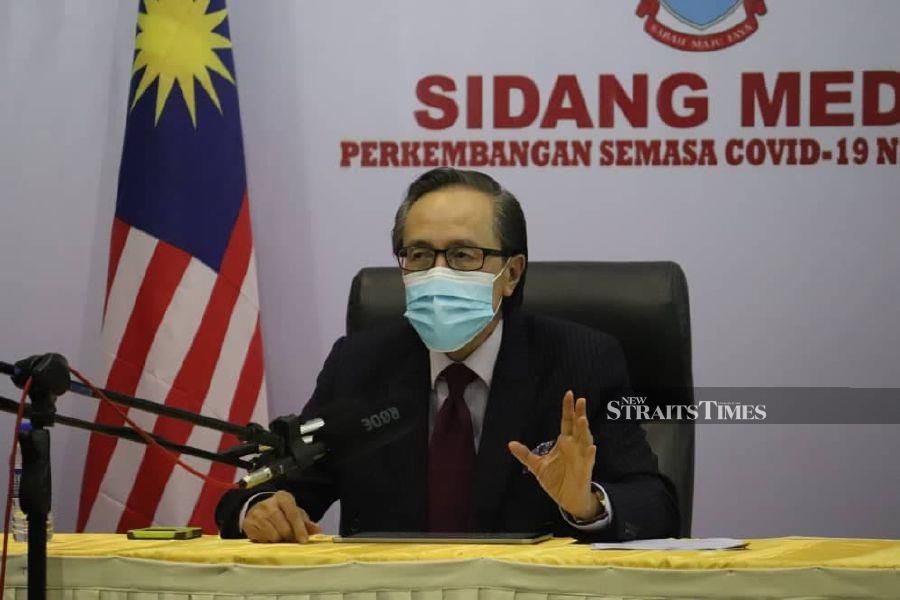By Olivia Miwil - March 9, 2021 @ 9:36am
KOTA KINABALU: Political will is required to address critical issues including pollution, said Sabah Local government and Housing minister Datuk Seri Masidi Manjun.
He said unfortunately, on numerous occasions, decisions were made based on political interests and popularity rather than for the right reasons.
"Sabah is one of the few places in the world that has practically everything from forests, sea and the beauty of nature. But, it is human behaviour that contributes to the (pollution) problem.
"One is attitude, the other one is the lack of political courage to make the right decisions, unfortunately in this world, what is popular is not necessarily right.
"As a former state Tourism, Culture and Environment minister, it is embarrassing that we did not do too well in that direction (of tackling pollution)...we could have done better," he said during a webinar titled Blu Hope: Commonwealth Day yesterday.
Citing the sources of rubbish contribution in the city, Masidi said the local authority showed in studies that 70 per cent of marine debris off Kota Kinabalu waters were thrown from moving vehicles and others were adrift from rivers such as Sembulan, Darau, Likas and Putatan.
He added that squatters had even erected illegal settlements at riparian reserve areas, where they resort to dumping rubbish into the river that eventually flowed into the ocean.
"(For all the problems), the solution is not to hire people and companies to pick up rubbish every day.
"The Kota Kinabalu City Hall has to take the right move, let us politicians take care of the politics," he said, adding the non-governmental organisation Blu Hope has the support from the state government in tackling plastic pollution projects.
In the same webinar session, British deputy high commissioner to Malaysia David Thomas said the solutions to tackle the issue was on everyone's shoulders, not just the government or big players.
"Recent research has shown that plastic accounts to 3.8 per cent of global gas emissions, if put in perspective, that is almost double the emission from the aviation sector.
"Over the past four decades, global plastic production has quadrupled. If this trend continues, the emission from plastic is going to be 15 per cent of the global emission budget by 2050," he said.

Comments
Post a Comment